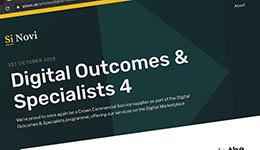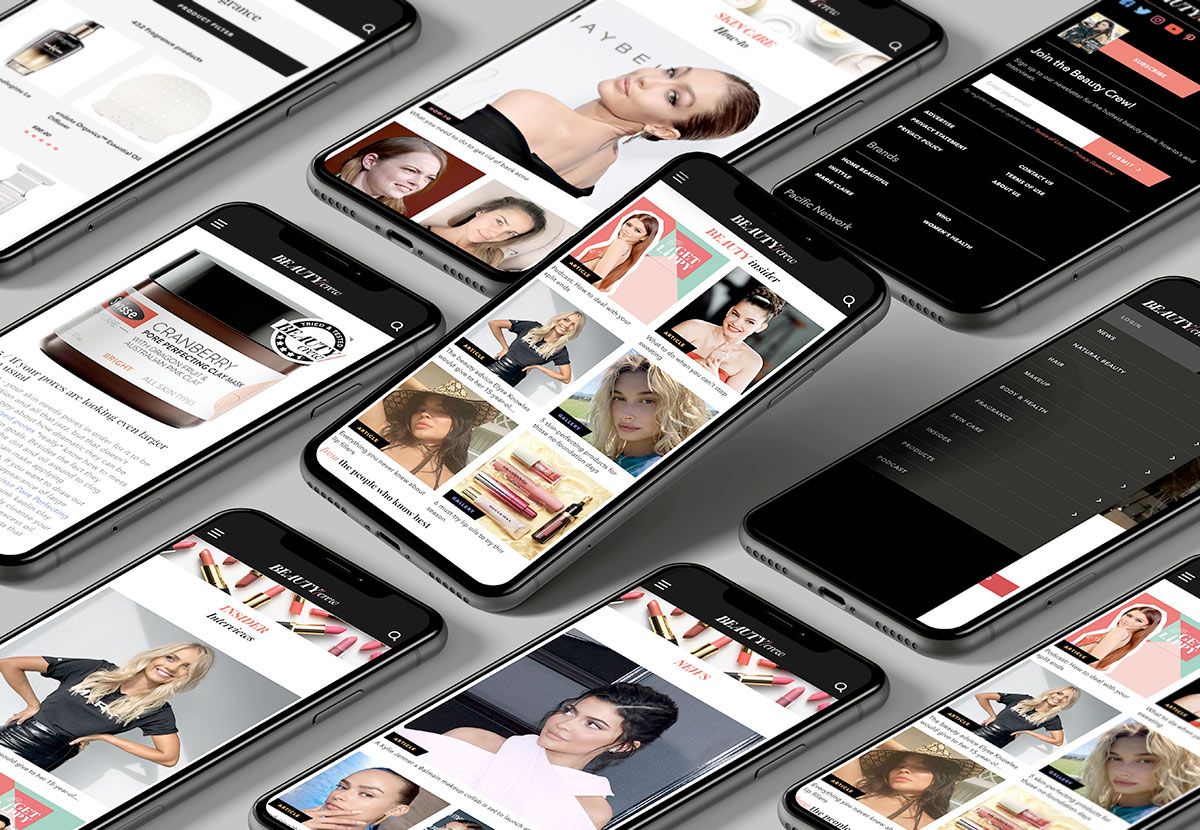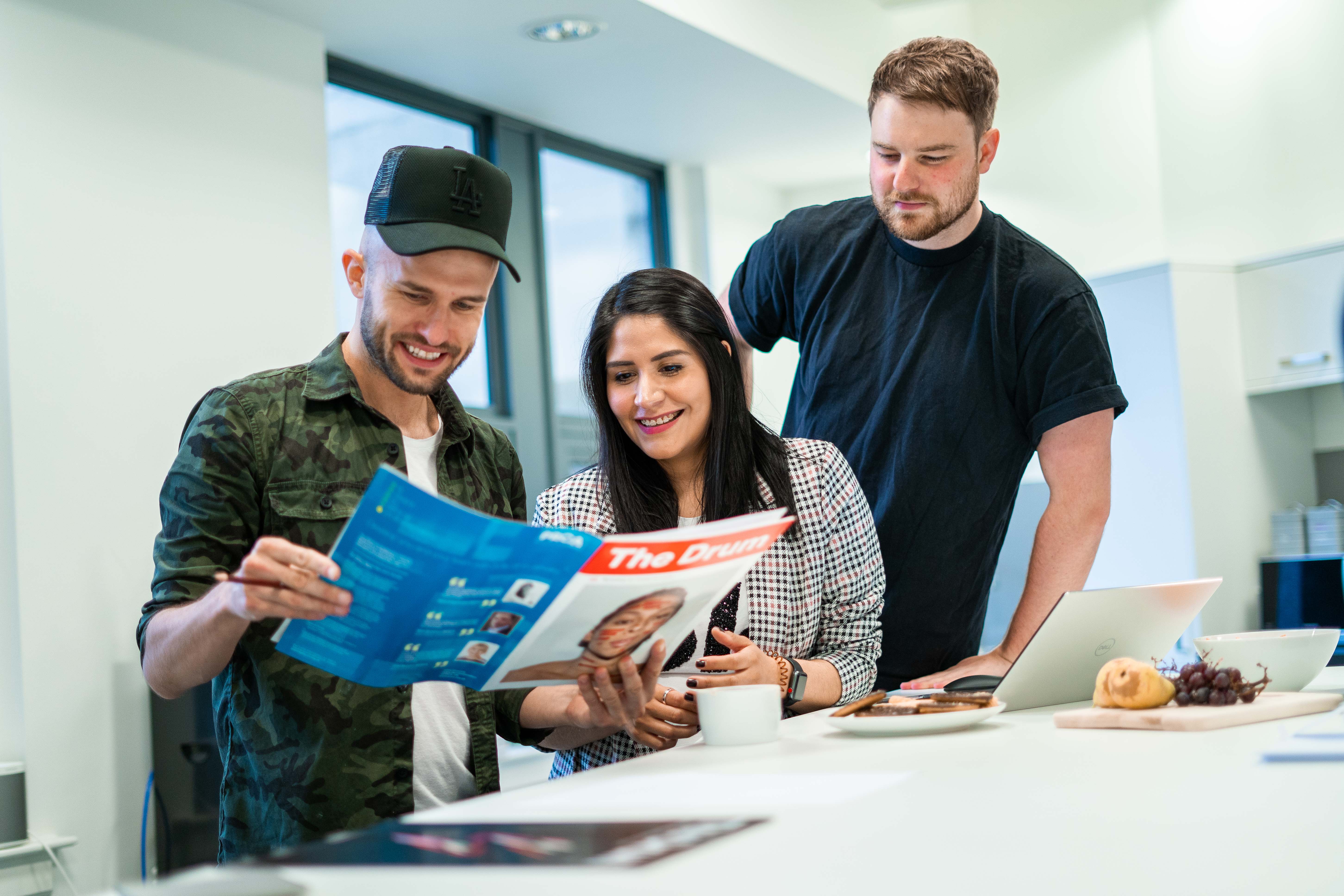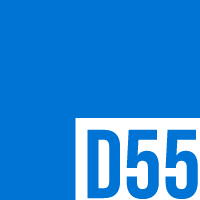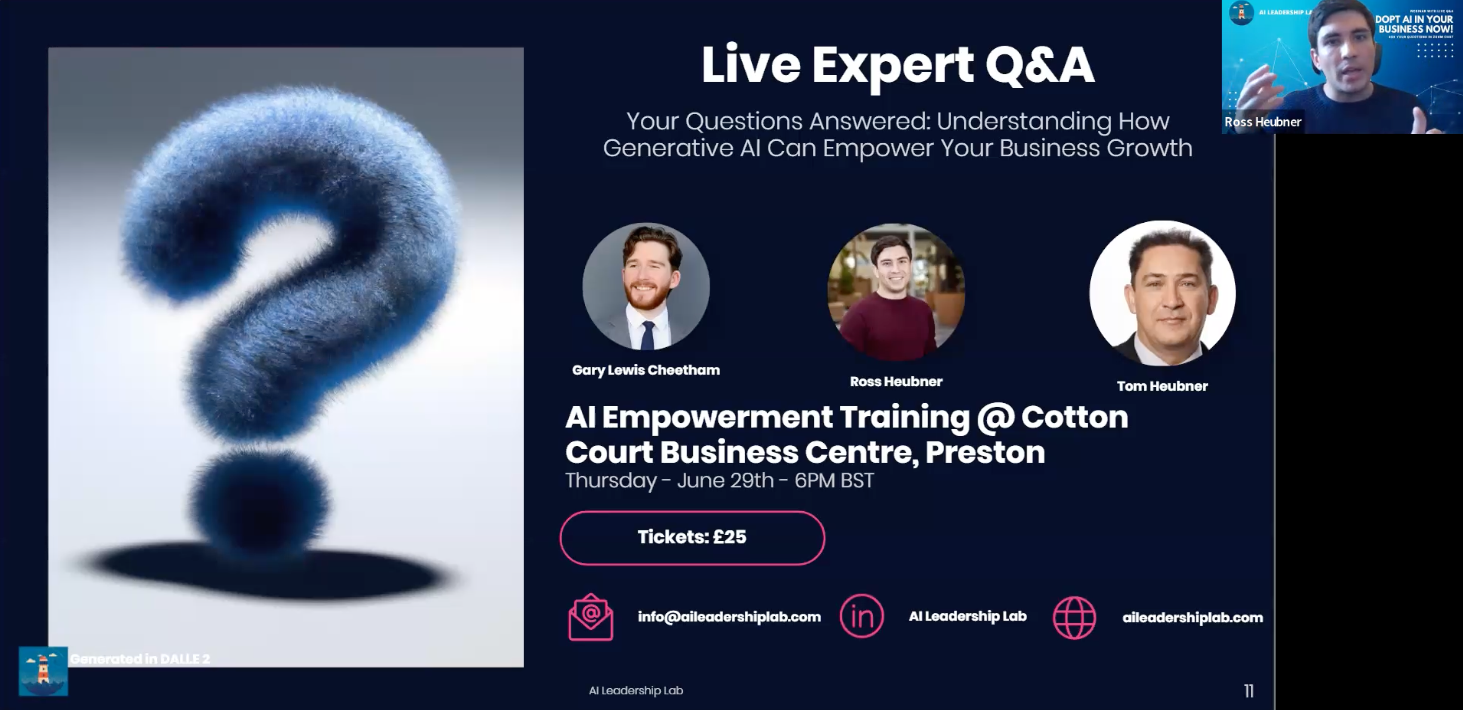
Have you ever found yourself stunned by the content a generative AI tool such as ChatGPT creates for your business, only to wonder whether you're allowed to claim copyright for the content? Welcome to the realm of AI-generated content.
We sat down with regulatory consultant Ross Heubner from AI Leadership Lab to ask some pressing questions on the subject.
Imagine this: an AI model, like a diligent pupil, learns from the styles of numerous artists and authors and starts producing artwork or text of its own. Remarkable, isn't it? But it raises a perplexing question - who owns the copyright to these AI masterpieces?
You might think it's straightforward: if a machine creates it, nobody owns it, right? Yet, that's where the plot thickens. If this AI has learned from a specific artist, replicating their style, should the artist not have some rights over the AI's creation?
We're living in an era where creators can choose whether their artwork serves as a mentor to these AI students. They can opt-out, like a famous chef refusing to reveal their secret recipe.
But, let's say you've commissioned an AI to create some artwork for you. Can you copyright that content? According to our co-founder, Ross Heubner, you can try. How? By adding a personal touch, modifying the AI's output enough to show substantial human effort, you could be seen as the creator.
Q&A Session with Regulatory Consultant Ross Heubner from AI Leadership Lab
Interviewer: Ross, I've come across some really useful articles from Creative Commons that discuss copyright issues with AI. Can you shed some light on this topic?
Ross: Certainly, it's an intriguing area. Essentially, if you're using AI to create images, there's no specific copyright law that applies to these AI-generated images. This applies even if the images follow a particular style.
Interviewer: That's interesting! But what happens if the AI generates images that closely mimic a certain artist's style?
Ross: That's where it gets a bit more complicated. If the AI creates images resembling a specific artist's style, the copyright situation becomes murky. While there aren't any concrete regulations about this, particularly for commercial uses, it's still a grey area.
Interviewer: Do any regions lead the way in terms of regulating AI and copyright?
Ross: The European Union is leading the pack when it comes to AI regulation, especially in terms of copyright.
Interviewer: If someone wants to copyright AI-generated content, how should they proceed?
Ross: The best practice right now is to modify the AI-generated image. It's advisable to tweak the image as much as possible to show substantial human effort and changes. That's typically how you can begin to claim copyright over these images.
Watch the full Q&A clip here: https://www.linkedin.com/posts/aileadershiplab_ai-copyright-unraveling-complexities-for-activity-7074412335292899328-NGOL


.png)
